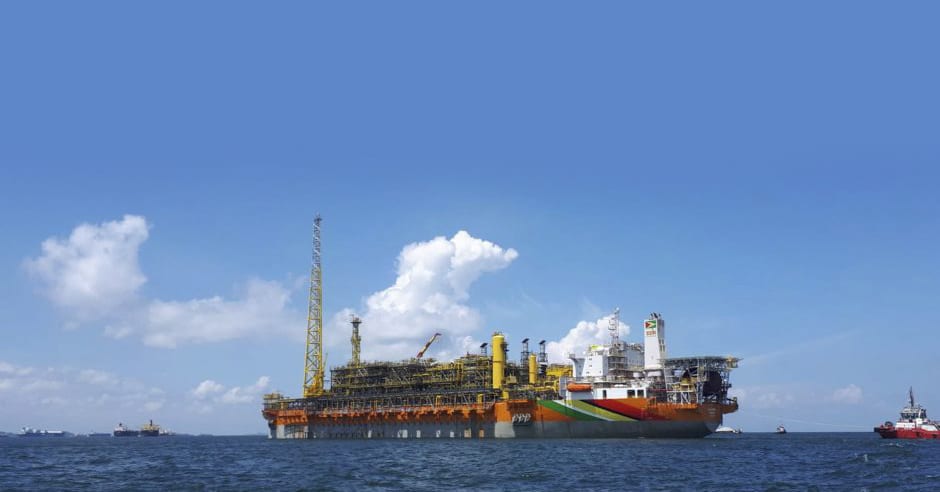India Petroleum Minister Dharmendra Pradhan says New Delhi has an aggressive diversification strategy in place that provides flexibility in sourcing cargoes from a world awash with oil. The country has been buying new grades from areas outside of the Middle East including Guyana and Norway, while also taking more U.S. crude in an effort to reduce reliance on OPEC producers.
According to a report from Bloomberg on April 8, India’s state-run oil refiners are now turning their attention to Iranian crude and are looking to place orders the moment U.S. sanctions are eased, a government official said.
The country would be happy if the number of oil-producing nations rise, Oil Minister Dharmendra Pradhan said in an interview on Bloomberg TV, reiterating comments that he made last month. “Some geopolitical changes are there,” he said. “Let us wait for how things unfold,” in reference to Iran and Venezuela.
According to the Bloomberg article, refiners have started making preparations in advance of the possible removal of penalties so they can swiftly enter into contracts for Iranian supply. This is according to a senior oil ministry representative, asking not to be named because they’re not authorized to speak to the media. This includes drafting commercial terms and putting in place mechanisms to quickly assess crude quality, the official said.
High Commissioner of India to Guyana, Dr K J Srinivasa recently indicated India is willing to purchase Guyana’s share of Liza Crude at market value on an annual basis. However, authorities at the Ministry of Natural Resources in Guyana told OilNOW on March 24 that no decision has yet been made by the government on such sales. A shipment of around 1 million barrels of Liza Crude was sold to Hess in February by the Guyana government. This was ultimately purchased by India, according to reports.
India — once Iran’s second-biggest customer — imports more than 85% of its total oil needs. Getting access to Iranian crude would bring a number of benefits, including cheaper barrels and a longer credit cycle, while the shorter voyage means savings on freight costs, the Bloomberg article stated.



